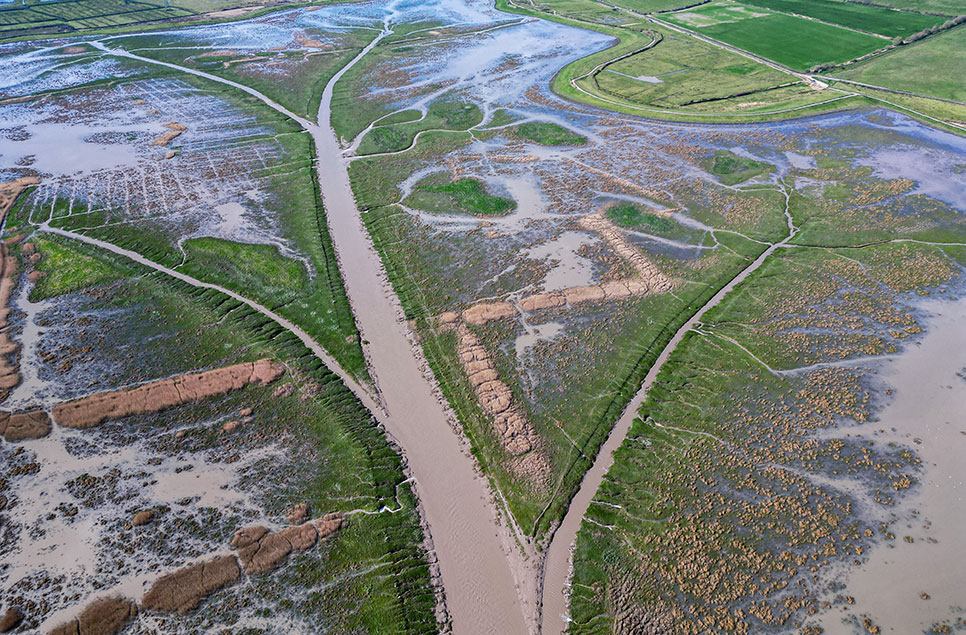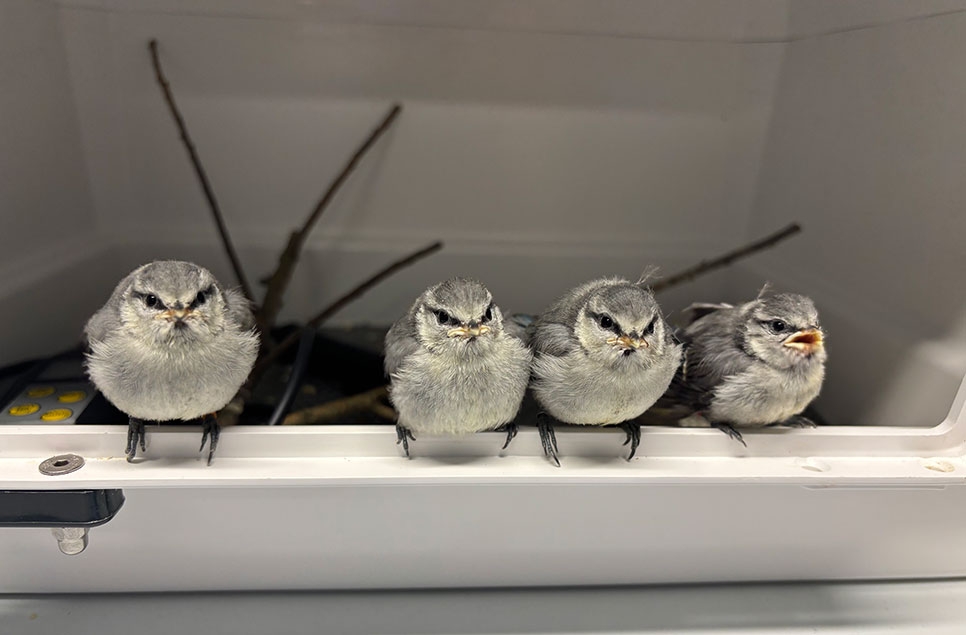Avian influenza - help birds by keeping clean
This winter, birds across Europe are catching bird flu. This strain has never transmitted to humans. But it is a very serious concern for all local birds including you or your neighbours’ poultry or pet birds at home or on the farm.
After visiting anywhere with birds present, you can help them by reducing any risk of spreading winter bird illnesses. Simply:
- Wash your hands
- Wash/clean/change footwear
- Clean any equipment, including car tyres
There are stronger biosecurity measures for all bird keepers - see Defra’s guidance. All bird keepers should, like us, be mindful of the measures set out within a national Prevention Zone order. This is replicated in all the home nations.
Visiting WWT
If you are likely to go near poultry or other captive birds, you may wish to consider delaying visiting our wetland centres until the bird flu has subsided, which may not be till the spring.
Our wetland centres remain open, like all other parks, lakes and reserves where wild birds congregate. Wild birds fly over any boundaries and the animal and public health authorities agree it is futile to try and close the whole countryside.
Indeed we are raising awareness among our visitors so that we can make people outside the poultry industry aware first hand of the seriousness of the national situation. Everyone can help bird keepers by avoiding transporting bird poo on their clothes, hands or equipment.
So, unlike most other countryside spots, we have disinfectant mats at entrances and exits, information sheets for visitors and hand disinfectants. A range of other measures include vehicle movements on and off reserves being restricted and equipment being sprayed down.
Wider picture in wild birds
WWT’s reserves are acting as regional ‘barometers’, letting bird keepers and Government know how the disease is moving across the UK. At the time of writing, due to intense surveillance at all our centres, we have detected small numbers of individual cases at our reserves in Gloucestershire, Wales and Somerset (all within a 100 mile radius).
This does not mean our centres are a ‘source’ of the disease; just that it is passing through and bird keepers can assume that, if it is in fields near us, it is also likely to be in a field near you. (The only difference being you may not have experts with binoculars scouring for miles around for unusual signs at first light and throughout the day, every day).
Finding dead wild birds doesn’t mean you become an Infected Premises, but all of us bird-keepers have to review our biosecurity. Some of our centres also have collections of captive birds – we are one of the world’s leading conservation breeders of specialist and endangered waterbirds. So we are also taking all the practical steps we can including filling up all our housing.
The outlook in wild birds
WWT is one of a number of organisations who provide a national early warning system for avian influenza. We advised the Government it was coming and, now that it’s in the UK, we are advising on its spread in wild birds.
At the time of writing, we are not seeing unusual numbers of wild bird deaths at this time of year. For context, the four deaths at Slimbridge in Gloucestershire were among 40,000 healthy birds across a 670 acre undulating area (that's what we mean when we say "intense surveillance"). We are monitoring the situation very closely in case of an escalation.
We will continue to provide surveillance for the benefit of wild and captive birds and all poultry across the UK, so that we can warn the Government of escalations, and also let them know when it looks like the coast is clear and bird keepers can go back to normal. We will also keep protection measures at our wetland centres under constant review.



